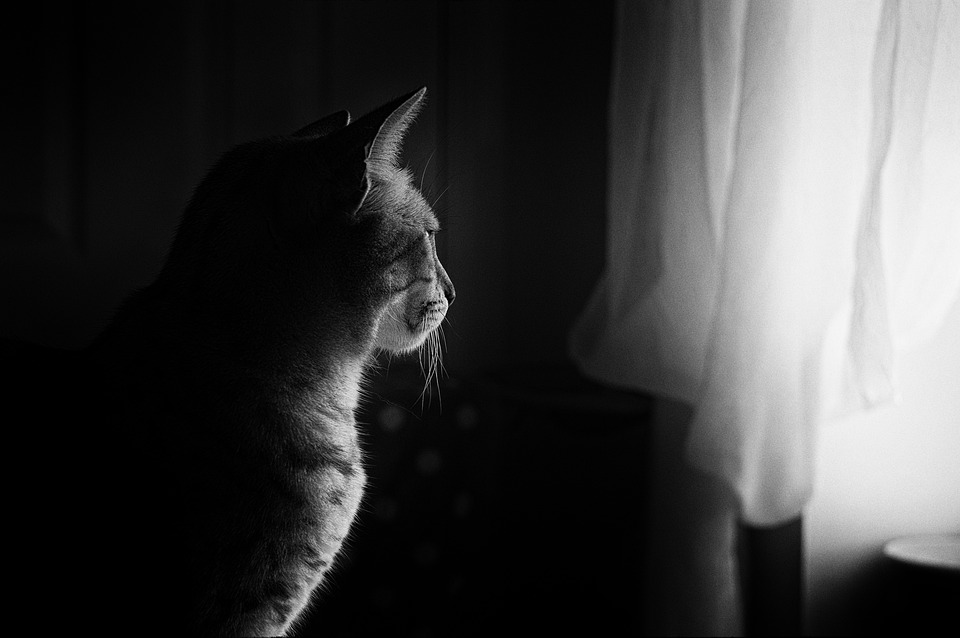Vaccinations play a crucial role in maintaining a cat’s health and preventing the spread of contagious diseases. However, there are several misconceptions and myths surrounding cat vaccinations. In this article, we will debunk these myths and shed light on the true risks and rewards of cat vaccinations.
Understanding Cat Vaccinations:
Vaccinations are a way to stimulate the immune system of a cat to produce an immune response against specific diseases. They contain small amounts of the disease-causing agent or its components, which train the immune system to recognize and fight off the actual disease if the cat were to be exposed to it.
There are various types of cat vaccinations, including core vaccines and non-core vaccines. Core vaccines are recommended for all cats and protect against diseases that are widespread and pose a significant risk to feline health. Non-core vaccines are optional and depend on factors such as the cat’s lifestyle and risk of exposure.
The Rewards of Cat Vaccinations:
Cat vaccinations offer numerous rewards, including the prevention of contagious diseases. Some of the most common diseases that can be prevented through vaccinations include:
1. Feline Panleukopenia (FPV): This highly contagious viral disease can be fatal, especially in kittens. Vaccination provides immunity and protects cats from this devastating illness.
2. Feline Calicivirus (FCV) and Feline Herpesvirus (FHV): These viruses cause upper respiratory infections in cats. Vaccination helps to reduce the severity of symptoms and prevent complications.
3. Rabies: Rabies is a fatal disease that can be transmitted to humans. Vaccination is essential to protect both cats and humans from this deadly virus.
In addition to preventing contagious diseases, vaccinations also protect cats from severe illnesses such as:
1. Feline Leukemia Virus (FeLV): FeLV weakens the immune system and can lead to various health problems, including cancers. Vaccination helps to prevent cats from contracting this virus.
2. Feline Immunodeficiency Virus (FIV): FIV is similar to HIV in humans and weakens the immune system. Vaccination can reduce the risk of cats getting infected with this virus.
3. Chlamydophila felis: This bacterial infection causes severe conjunctivitis in cats. Vaccination can help prevent and reduce the severity of this disease.
Furthermore, cat vaccinations safeguard public health by preventing zoonotic diseases. These are diseases that can be transmitted from animals to humans. By vaccinating cats, we can minimize the risk of these diseases spreading to humans.
Debunking Common Vaccination Myths:
There are several myths surrounding cat vaccinations that need to be debunked for a better understanding of their importance:
1. Myth 1: Vaccinations Cause Autism or Behavioral Changes: There is no scientific evidence to support the claim that vaccinations cause autism or behavioral changes in cats.
2. Myth 2: Vaccinations are Unnecessary for Indoor Cats: Even indoor cats can be exposed to diseases through contact with other animals, contaminated objects, or exposure to humans who may unknowingly carry pathogens. Vaccinations are essential for all cats, regardless of their indoor or outdoor lifestyle.
3. Myth 3: Vaccinations Provide Lifetime Immunity: While some vaccines provide long-term immunity, it is not guaranteed for all diseases. Regular booster shots are necessary to ensure continued protection against diseases.
4. Myth 4: Vaccinations are Harmful or Can Cause Disease: Vaccines are rigorously tested for safety and effectiveness before they are approved for use. The benefits of vaccination far outweigh the potential risks.
FAQs (Frequently Asked Questions):
Q1. At what age should I start vaccinating my cat?
A1. Vaccination usually begins at around 6 to 8 weeks of age.
Q2. How often does my cat need to be vaccinated?
A2. The frequency of vaccinations depends on the type of vaccine and the cat’s individual needs. Your veterinarian will provide a vaccination schedule tailored to your cat.
Q3. Can my cat have an adverse reaction to vaccines?
A3. Adverse reactions to vaccines are rare but possible. Your veterinarian will monitor your cat for any adverse reactions and take appropriate action if necessary.
Q4. Are there any risks associated with over-vaccination?
A4. Over-vaccination can potentially lead to adverse reactions or immune system disorders. That’s why it’s important to follow the recommended vaccination schedule and consult with your veterinarian.
Q5. Can I vaccinate my cat myself using over-the-counter vaccines?
A5. It is highly recommended to have a veterinarian administer vaccines to ensure proper handling, storage, and administration. They can also provide guidance on the right vaccines for your cat’s needs.
Conclusion:
Cat vaccinations are one of the most effective ways to protect your feline companion from contagious diseases and ensure their overall well-being. Debunking common misconceptions surrounding cat vaccinations is essential to make informed decisions about your cat’s healthcare. Always consult with your veterinarian to create a tailored vaccination plan for your cat’s specific needs and lifestyle.








